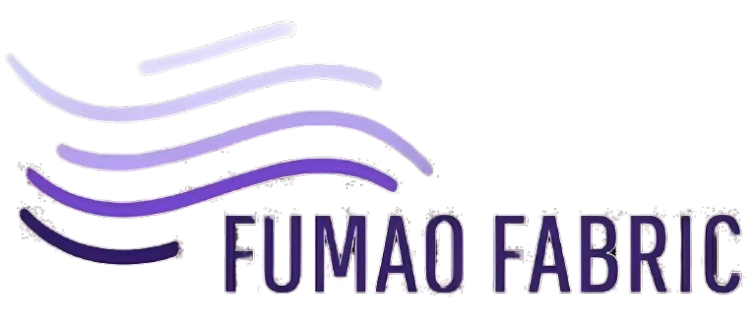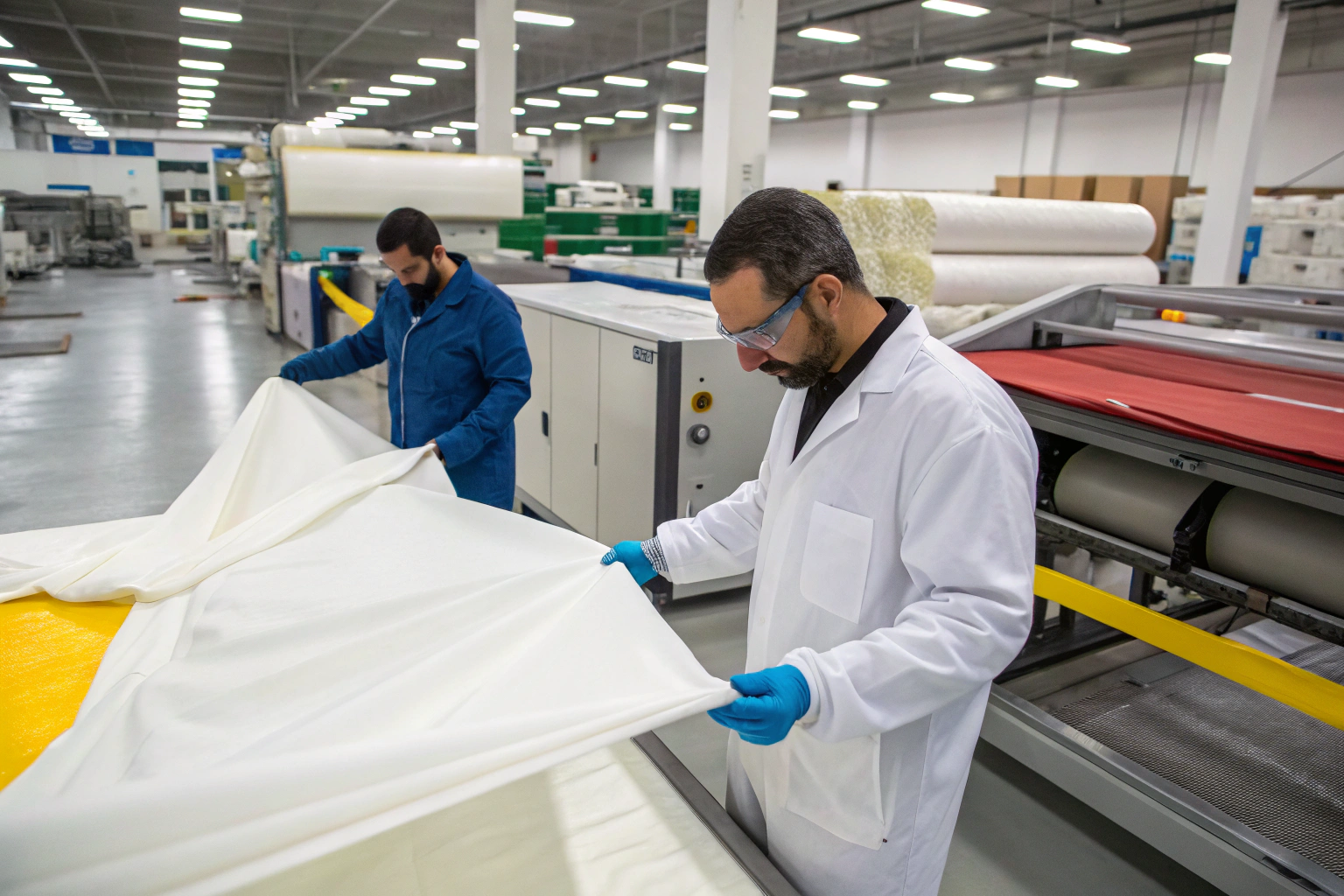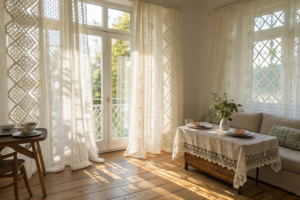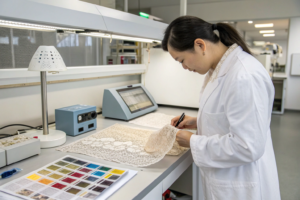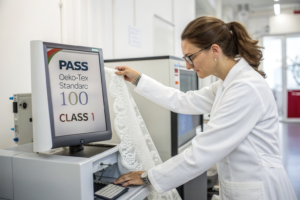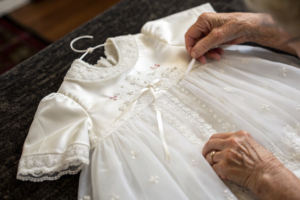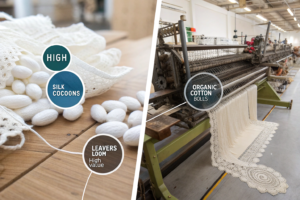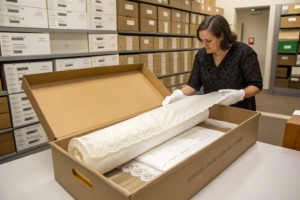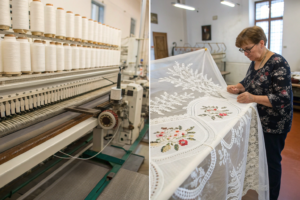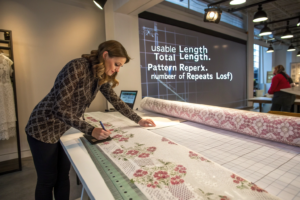When apparel brands or fabric buyers want to stand out, they search for advanced materials that deliver both function and fashion. One of the most exciting innovations is shape-memory polymer coated fabrics, which respond to heat or external stimuli by returning to their original form. But many sourcing teams struggle with questions: where do you find reliable suppliers, how do you ensure consistent quality, and what certifications matter?
The best way to source shape-memory polymer coated fabrics is to partner with experienced textile manufacturers who offer coating technology, lab testing, and export-ready logistics. These fabrics require precise control in coating processes, specialized R&D, and compliance with global standards, so choosing the right supplier makes all the difference.
Today, I want to break down the sourcing journey into four key steps that any buyer can follow. I’ll share insights from my own experience in the textile industry and explain how international brands, startups, and factories can secure top-quality smart fabrics without unnecessary risk.
What are shape-memory polymer coated fabrics?
Shape-memory polymer (SMP) coated fabrics are textiles that integrate advanced polymers capable of changing and then recovering their original shape when exposed to heat, moisture, or light. For fashion brands, this means jackets that adapt to body shape, sportswear that provides comfort with movement, and home textiles that resist wrinkling.
In sourcing terms, these fabrics are not widely available on standard wholesale platforms. They require specific coating expertise and R&D. For instance, a supplier must ensure the polymer layer bonds seamlessly with the textile base, whether it’s polyester, nylon, or even natural fibers like cotton.
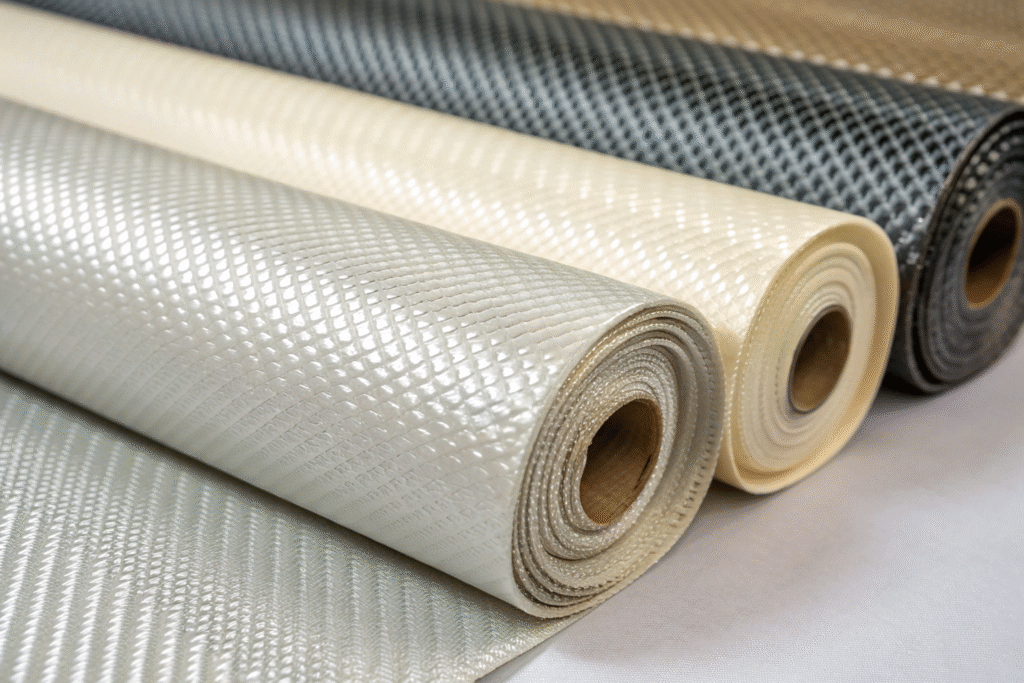
Why do brands use them?
Shape-memory fabrics combine performance with aesthetics. They are breathable yet wrinkle-resistant, durable yet stylish. Global buyers often look for them for premium outerwear, athleisure collections, and even medical applications. According to Textile World, shape-memory fabrics are expected to grow in demand as consumers seek functional apparel with futuristic appeal.
Are they eco-friendly?
Some SMP coatings are petroleum-based, while others are being developed using bio-based alternatives. Buyers concerned about sustainability should request certifications like OEKO-TEX® Standard 100 and REACH compliance to ensure coatings are safe and low-impact. A good resource is OEKO-TEX official site, which helps buyers verify supplier claims.
Where to find reliable suppliers?
Most buyers begin their sourcing journey through trade shows, online B2B platforms, and direct factory partnerships. The challenge with SMP coated fabrics is that not every textile factory has the technology or QC process to produce them consistently.
The most reliable suppliers are usually based in China’s textile hubs, especially Keqiao, where coating factories integrate weaving, dyeing, and finishing under one chain. These suppliers often have in-house labs and can provide small-batch development as well as bulk production.
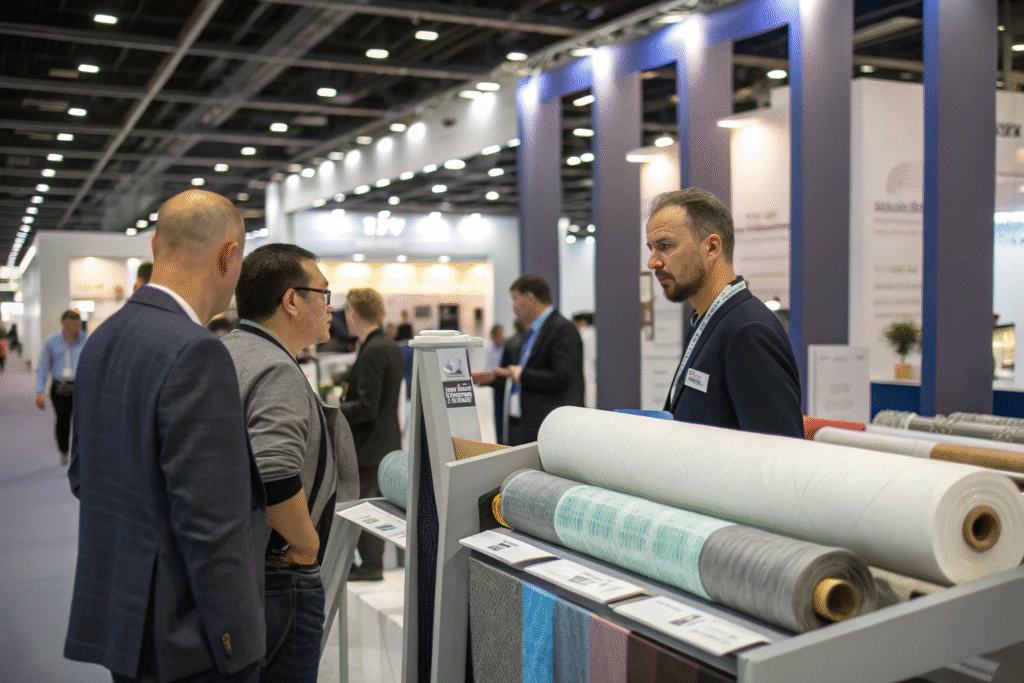
Should you use Alibaba or go direct?
Platforms like Alibaba can be a starting point, but for smart fabrics, it’s often more efficient to work directly with specialized coating factories. This ensures better communication, sample development within 48 hours, and quicker shipping schedules.
How do you evaluate factories?
Look for suppliers that provide CNAS or SGS testing reports, export experience to the EU and US, and references from well-known brands. You can also cross-check fabric certifications through SGS, one of the world’s leading testing and inspection companies.
What certifications and tests matter?
Shape-memory polymer coated fabrics must meet both functional performance standards and safety requirements. Buyers should not overlook this step, since coatings involve chemicals that interact with skin and the environment.
International buyers usually ask for:
- CNAS Lab Reports for durability, shrinkage, and wash cycles
- OEKO-TEX® Certification for chemical safety
- ITS or SGS Testing for compliance with EU and US standards
- QR Code Tracking Systems for real-time data on each batch
Do coatings affect durability?
Yes, poorly applied coatings may crack or peel after a few washes. This is why sourcing from suppliers with integrated QC is critical. According to ScienceDirect, SMP coatings perform best when applied with precision curing and layering techniques.
What about tariff and customs risks?
Since SMP fabrics are often categorized under “coated fabrics” in customs, importers should confirm HS Codes with suppliers. This helps avoid extra tariffs, especially in markets like the US. For accurate guidance, buyers can consult resources like U.S. Customs and Border Protection.
How to negotiate pricing and logistics?
One of the biggest concerns for international buyers like Ron from the US is pricing and shipping efficiency. SMP coated fabrics are more expensive than standard polyester or cotton because of the added coating process. But costs can be optimized through smart negotiation and supply chain planning.
The best approach is to request FOB pricing and compare across multiple suppliers while considering value-added services like fabric inspection and door-to-door shipping.
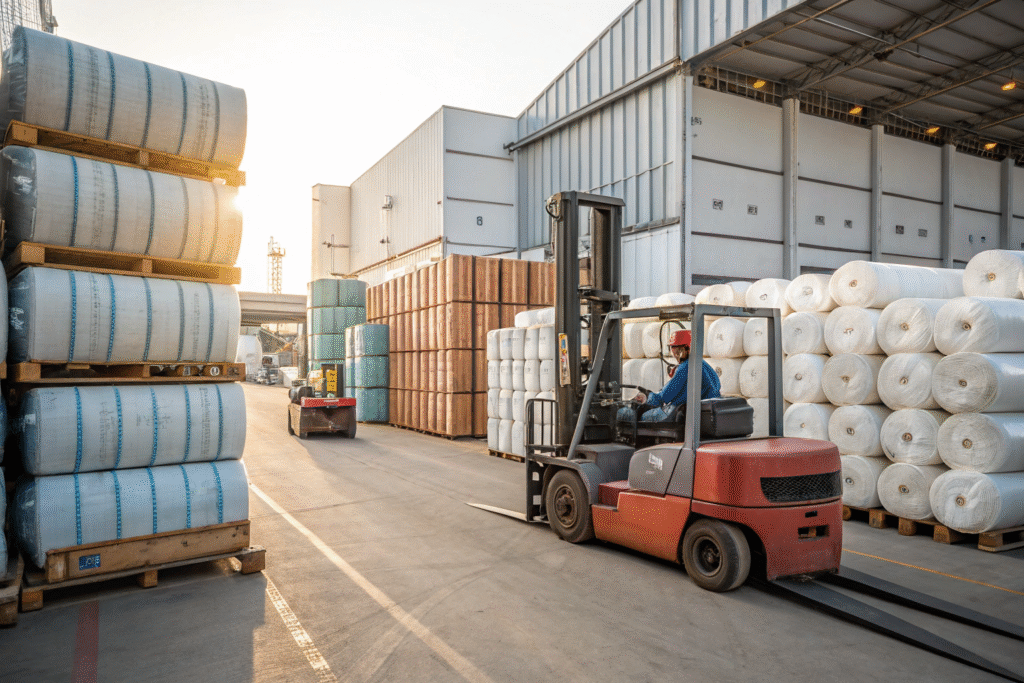
Can suppliers handle customs clearance?
Yes, leading Chinese textile hubs like Keqiao provide multimodal logistics with overseas warehousing. This helps buyers avoid delays and reduce tariff-related costs. Companies like DHL Global Forwarding specialize in textile logistics, ensuring fabrics reach destinations quickly.
Should you place small or bulk orders?
Start with small-batch sampling to verify performance. Once the coating quality is stable, bulk orders reduce per-unit costs. According to Investopedia, scaling orders strategically helps mitigate financial risks while building supplier trust.
Conclusion
Shape-memory polymer coated fabrics represent the future of smart textiles. They combine comfort, durability, and innovation, but they also require careful sourcing. Buyers must evaluate supplier expertise, ensure international certifications, and manage logistics strategically.
If you are ready to source high-performance coated fabrics, I invite you to connect with us at Shanghai Fumao. We specialize in coated and functional textiles, offering everything from R&D to customs clearance. For new fabric orders, you can contact our Business Director, Elaine, at elaine@fumaoclothing.com to start your sourcing journey with confidence.
